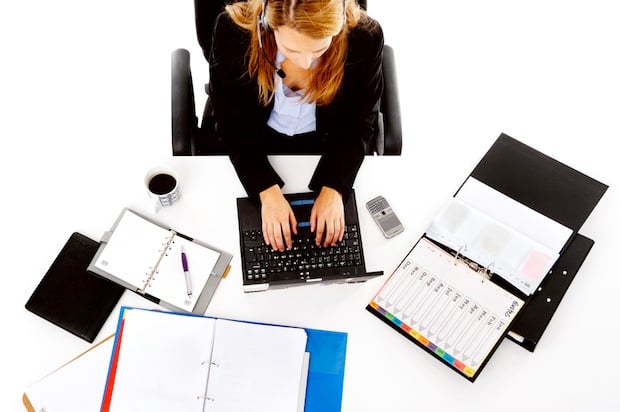You’ve likely experienced this scenario: You’re sitting at your desk at work, with at least ten tabs open in your browser—one for your e-mail account, another for Twitter to constantly stay on top of news, and so forth. In the meantime, you’re checking your smartphone for Instagram updates while yapping on your office phone with a coworker down the hall about a big presentation due tomorrow.
The good news: You’re multitasking; keeping your brain stimulated while being productive at work. The bad news: You’re multitasking.
New research shows that multitasking, particularly with media, is linked to depression and anxiety. Watching your favorite TV show while playing Hooked on Words? Bad. Writing an e-mail on your computer while Web surfing? Also bad.
The study, conducted by a team of researchers at Michigan State University, asked 319 participants about their media use and had them fill out a mental health survey. They found that those who reported using multiple forms of media at the same time showed symptoms of anxiety and depression, based on their answers in the mental health surveys.
Not only is there the risk of depression, but multitasking can also wreak havoc on our brains in general, according to an article published in Psychology Today. While you may believe you’re getting more work done by multitasking, writes author Susan Reynolds, in fact your brain is being put through the wringer. “The more tasks you add, the less efficient your brain is, and the less likely it is to focus on the most important task.”
The researchers involved in the Michigan study note that the cause-and-effect relationship still needs to be tested. “We don’t know whether the media multitasking is causing symptoms of depression and social anxiety, or if it’s that people who are depressed and anxious are turning to media multitasking as a form of distraction from their problems,” said assistant professor of psychology Mark Becker.
But while the verdict is still out, we have a few suggestions: Put down the phone. And your laptop. And your iPad. Your brain will thank you.
The full study was published in the journal Cyberpsychology, Behavior and Social Networking.












